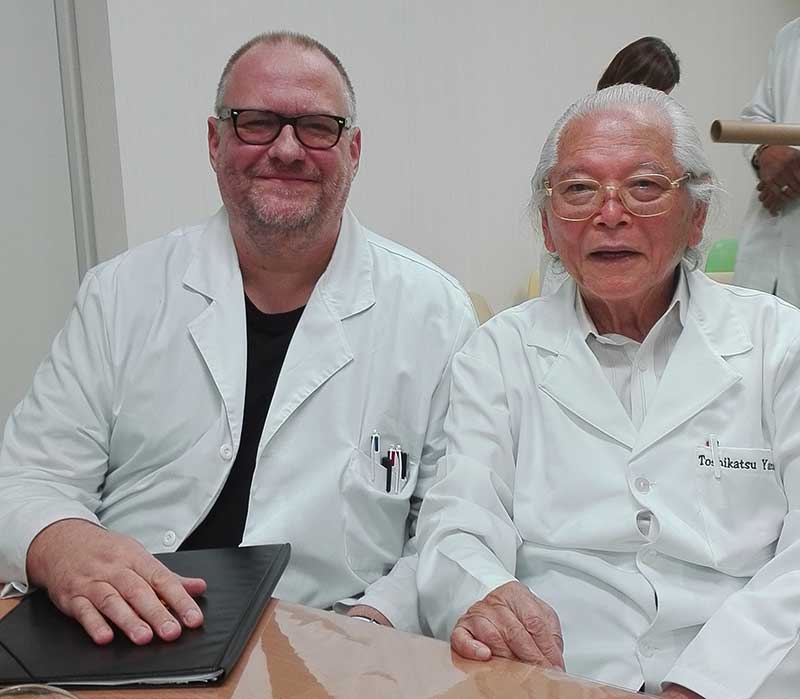Cosmetic Acupuncture Dublin 15

Cosmetic acupuncture, also known as facial acupuncture or acupuncture facelift, is an alternative approach gaining attention for its purported benefits in reversing signs of skin aging. While it's important to note that research on this topic is still evolving, there is a growing body of scientific evidence suggesting potential benefits.
Firstly, studies have shown that cosmetic acupuncture may stimulate collagen production. Collagen is a crucial protein responsible for skin elasticity and firmness. Research indicates that acupuncture can promote collagen synthesis by triggering the body's natural healing response. This, in turn, can lead to improvements in skin texture and a reduction in fine lines and wrinkles.
Additionally, acupuncture may enhance blood circulation to the face. Improved blood flow can supply essential nutrients and oxygen to skin cells, aiding in their regeneration and repair. This enhanced circulation can also help in the removal of toxins, potentially leading to a more vibrant and youthful complexion.
Furthermore, cosmetic acupuncture may influence the release of neurotransmitters and hormones that affect skin health. For instance, acupuncture has been associated with increased production of endorphins, which are natural painkillers and mood enhancers. This can promote relaxation and reduce stress, which are known factors contributing to premature aging.
Acupuncture's ability to address underlying imbalances in the body's energy flow, as per traditional Chinese medicine principles, is another aspect to consider. By restoring harmony within the body's systems, acupuncture may help support overall health, which can manifest in the form of healthier skin.
Moreover, clinical studies have reported subjective improvements in skin appearance following cosmetic acupuncture sessions. Patients often report enhanced skin tone, reduced puffiness, and a more youthful glow. While subjective measures are important, objective assessments through tools like skin moisture meters and elasticity tests also show promise in demonstrating the effectiveness of cosmetic acupuncture.
In conclusion, while the scientific evidence for the benefits of cosmetic acupuncture is still evolving and more rigorous studies are needed, initial research suggests promising results. The stimulation of collagen production, improved blood circulation, modulation of neurotransmitters and hormones, and the holistic approach of addressing underlying imbalances are all compelling aspects supporting the potential effectiveness of cosmetic acupuncture in reversing signs of skin aging. As with any cosmetic procedure, individuals should consult with qualified practitioners and consider all available options before making decisions about their skin care regimen.



